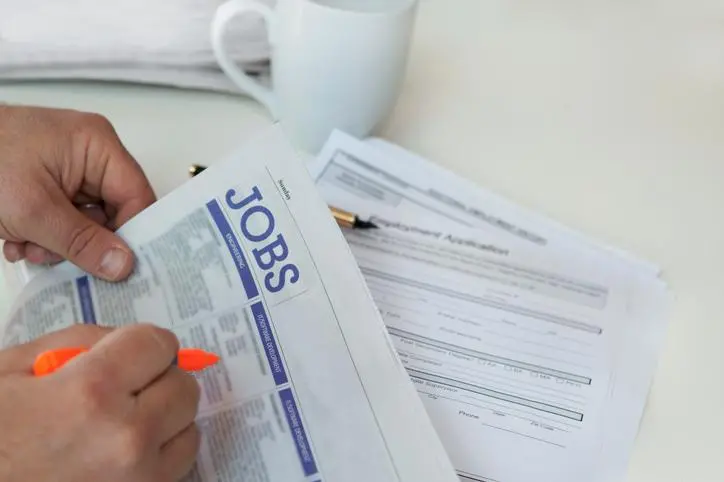PHOTO
Employment growth in Dubai was at the strongest pace in nearly two years in November as the outlook for 2020 appeared more optimistic with companies expecting new projects to fuel the economy in time for the Expo, according to latest data from a monthly survey in Dubai's non-oil private sector.
The survey, produced by IHS Markit, said the Dubai Purchasing Managers' Index (PMI) fell for the first time in three months, dropping from 54.6 in October to 53.5 in November.
However, companies in Dubai were more upbeat around future output predictions, with the level of sentiment improving to a four-month high. Panelists in the survey often noted hopes of an improvement in economic conditions next year; others mentioned that they expect new projects and greater tourism in the near future, particularly with the Expo 2020 approaching.
S&P Global has predicted that Dubai's GDP would increase at about 2.5 per cent a year until 2022 and much of the increase could come from economic activity associated with Expo 2020. The ratings agency also predicted that Expo 2020 would boost tourism in Dubai and increase consumer spending which in turn will further stimulate growth.
The PMI index, still above the 50.0 no-change mark, signalled an overall improvement in non-oil business conditions.
"Most notably, output grew at the softest rate since April 2016 as ongoing projects and increased market demand helped to drive activity. However, a slower rise in new orders limited overall growth. In fact, the rate at which demand increased was among the slowest recorded in the near four-year sequence of improvement," the survey report said.
David Owen, economist at IHS Markit, said growth in the Dubai non-oil economy lost steam in November, with the headline PMI falling for the first time in three months. "Despite output growing again in November, the rate of expansion was the weakest since April 2016." He said this was partly due to a softer rise in new orders, as firms continued to battle against intense competition in the market. Selling charges were again reduced in response to lackluster demand.
"On the positive side, the outlook for next year is becoming more optimistic, as firms expect new projects to appear as the economy is invigorated by the upcoming Expo 2020. This helped employment to rise at the strongest rate in almost two years," said Owen.
The IHS Markit report said the slowdown in output growth was broad-based across the three monitored sub-sectors: wholesale & retail, travel & tourism and construction. On the demand side, only wholesale & retail firms saw an acceleration in sales growth, while construction firms recorded the first drop in new work since February 2016.
"This occurred as non-oil companies in Dubai continued to lower selling prices amid competitive pressures, extending the current run of discounting to 19 months. That said, the latest reduction was softer than in October," it added.
The report noted that input costs meanwhile rose fractionally in November. This reversed the slight drop seen in the previous month, as some businesses reported a mark-up in raw material prices.
"More positively, firms highlighted an improving labour market during November, as employment in the Dubai non-oil economy rose at the quickest pace since January 2018. Respondents often linked the upturn to the launch of new products. That said, the overall increase in staffing numbers was moderate," said the report.






















